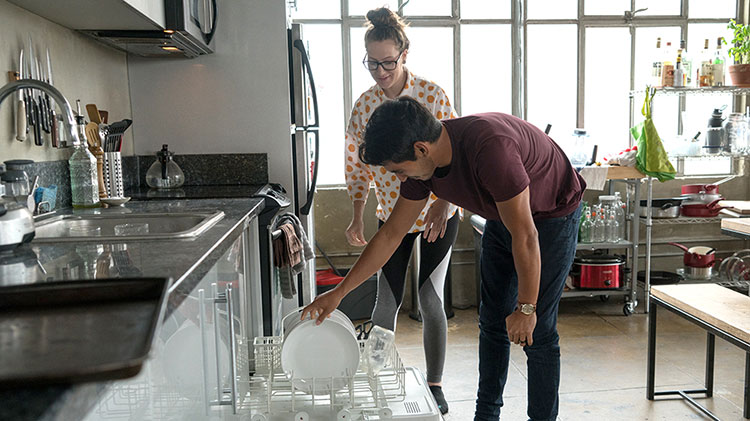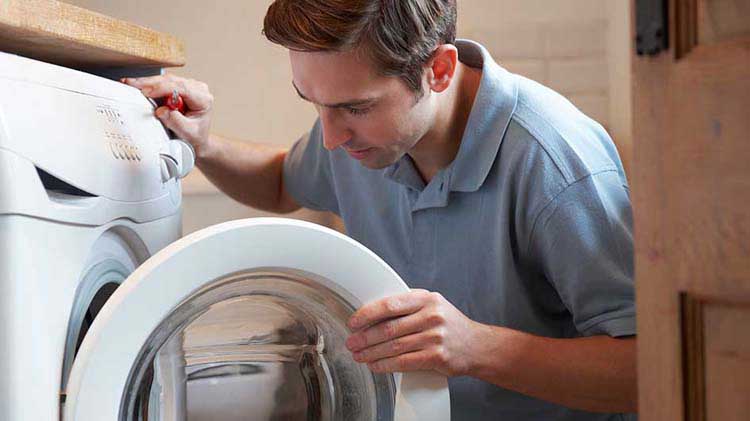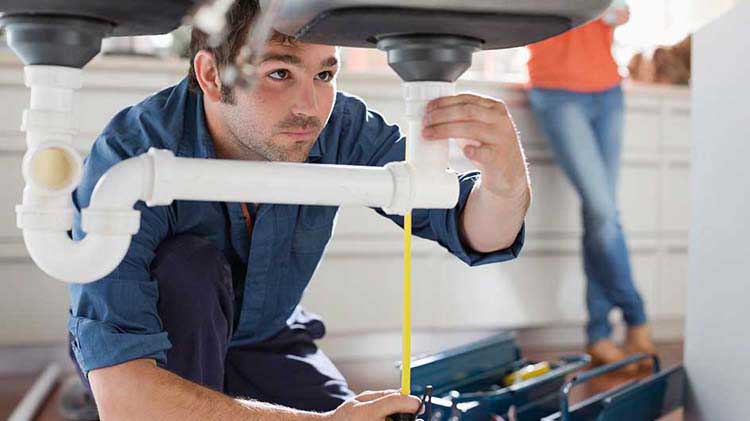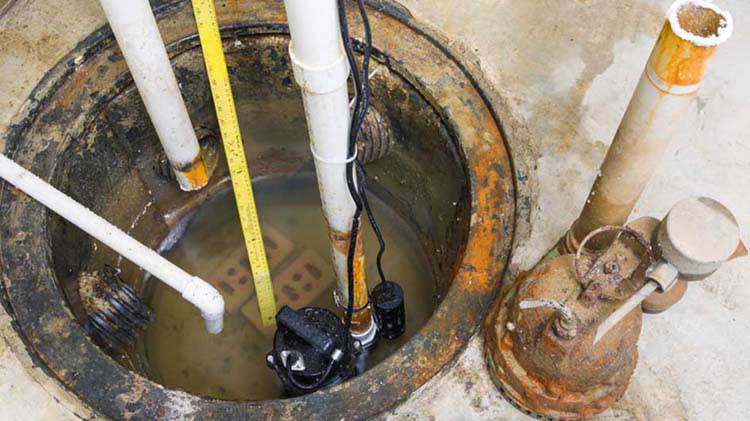Appliance maintenance to-dos for your home
Each of your home's appliances and systems may function better with regular maintenance.
You probably take your car in for regular oil changes and go to the dentist several times a year to keep your teeth healthy. But do you put periodic home appliance maintenance on your calendar? You might want to consider it: Repair for just one appliance can cost around $175, on average.
There are several ways to tackle appliance maintenance: You can go floor to floor or room to room, for example, or put one or two appliances per month or week on your schedule. In doing so, you can help extend your appliance life and may reduce any frantic calls to repair experts. Here are some appliance maintenance tips to help you get started.
Appliance maintenance in the kitchen
Oven: Check the owner's manual for recommended maintenance. Regularly inspect the burners to ensure they light up evenly. Check the seal on the oven door; a poorly sealed oven door can cause your appliance to lose a large portion of its heat, driving up utility bills and unevenly cooking food. Inspect the rubber or fiberglass seal around the perimeter of the door for any breaks, and check for leaks with the door closed. Replace if necessary. In addition, take the necessary precautions to keep cooking time safe with more tips.
Garbage disposal: Check for blockages and remove with tongs, then run the disposal with a deodorizing or cleaning agent such as ice cubes and salt, vinegar or even frozen citrus.
Dishwasher: Follow manufacturer recommendations for cleaning. Regularly inspect the racks for chips and go over them with special appliance touch-up paint to prevent exposed metal and rust, which can damage your dishes.
Fridge: Clean the interior, exterior and coils according to the manufacturer's instructions. Regularly inspect the seals on the doors for cracks or breaks. Clean the door gaskets regularly with warm water and a sponge so the doors seal properly and gaskets don’t get stuck or rip. If possible, reposition your fridge to allow for air flow behind it to help it run more efficiently.
Microwave: Keep it clean and regularly inspect the interior of the microwave to ensure the seals and coatings are intact.
Appliance maintenance in your laundry
Washing machine: Look for any cracks, weak spots or deformities in the hoses connected to your washing machine to help prevent floods or leaks. Replace hoses every five years or as directed by your owner's manual.
Dryer: Clean the filter after every use. Use guidance from the manufacturer to clean out the vent. Cleaning out the vent regularly can help it run more efficiently and may also help prevent home fires.
System maintenance in your living spaces
Electronics: Consider using surge protectors to help protect electronics. Regularly inspect cords for any cracks, and clean per manufacturer instructions.
Appliance maintenance in other parts of your home
HVAC system: Change the air filter on your HVAC system regularly. This can help it run more efficiently. Consider having the system regularly serviced by a professional — annually or whatever is suggested in the owner’s manual. A technician can inspect its condition and address possible issues.
Water heater: Consider draining your water heater once a year to help prevent mineral build up that can occur over time. Also, covering your water heater with a water heater blanket may help the heater run more efficiently.
Does homeowners insurance cover appliances?
When you have an appliance that stops working due to wear and tear or because it was faulty, homeowners insurance will often not pay to fix or replace it. You may want to look at home appliance protection plans offered by the company or store that sold you the appliance. Or you might want to consider exploring home warranties, also called home appliance insurance, to see what they offer.
In the event of a covered loss to your home, homeowners insurance may cover damage to appliances. However, if the covered loss is caused by an appliance (e.g. leaky refrigerator, water heater or washing machine), the appliance itself may not be covered by homeowners insurance. Contact your insurance company if you have questions about coverage or what might be covered in the case of a loss or claim.
Now that you’ve learned a few tips that may help extend the life of your appliances, you might be interested in learning more about Ting and how to prevent potential electrical fire risks in your home. Contact your State Farm® agent if you want to inquire about the service or if you have any questions about your homeowners insurance needs.




